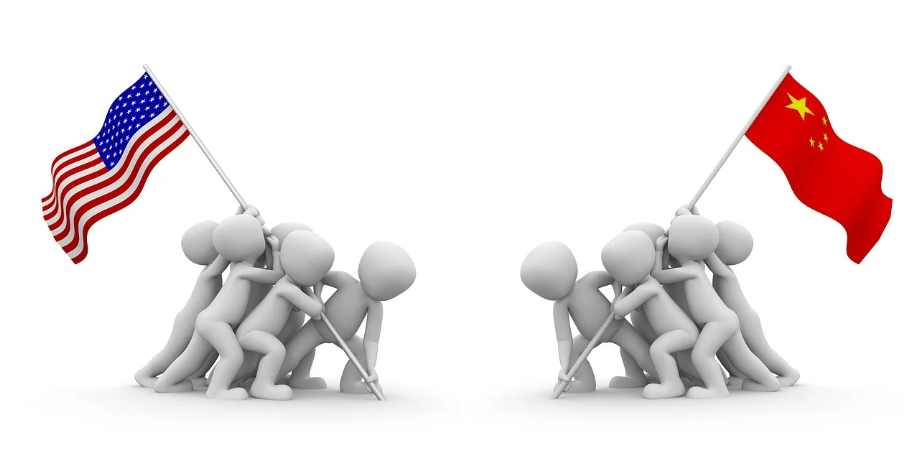On Wednesday, a US treasury officer announced that there are discussions to implement new regulations to limit the transfer of U.S. investments and expertise to Chinese companies involved in cutting-edge sectors such as advanced semiconductors, artificial intelligence, and quantum computing. These new rules aim to exert greater control over the flow of critical technologies and knowledge to China.
During a Senate Banking Committee hearing, Paul Rosen, the Treasury official responsible for investment security, addressed the issue of restricting U.S. investments that involve valuable know-how and expertise in specific sectors. These sectors include advanced semiconductors, artificial intelligence, and quantum computing.
Rosen emphasized that officials are actively working on implementing measures to curb investment from the United States in order to safeguard sensitive knowledge and expertise. The focus is primarily on sectors and subsectors such as advanced semiconductors, artificial intelligence, and quantum computing. The concern lies in China’s military and the potential implications of allowing unrestricted access to these advanced technologies.

However, even amidst the growing sanctions and uncertainties, the CEO of American Tech giant Nvidia is planning a trip to China to meet top-level executives. According to undisclosed sources, Jensen Huang, CEO of Nvidia s reportedly intends to visit China in June for the first time in several years.
Nvidia has emerged as a key player in the field of AI globally. However, the geopolitical landscape has presented complexities for the company’s operations in China. The US sanctions have restricted Nvidia from selling its advanced AI chipsets to Chinese customers, which includes major companies like Tencent and ByteDance.
In the upcoming visit, Huang is planning to visit executives from prominent companies such as Tencent Holdings, one of the world’s top gaming companies, and ByteDance, the parent company of TikTok.
The ongoing US-China trade war has global repercussions as countries like Japan, South Korea, and Taiwan have also joined the US in adding sanctions. Recently Chinese Commerce Minister Wang Wentao, called upon Japan to cease its export restrictions on chip manufacturing in China, emphasizing the need for a change in policy.
Shu Jueting, a spokesperson at China’s commerce ministry said that China firmly expresses its objection and determination to respond if the United States imposes restrictions on Chinese firms’ investments in the semiconductor industry.
During a news briefing, Shu stated that the actions taken by the United States to curb tech exports to China, would not only disrupt the normal operations of companies but also undermine the integrity of the international economic and trade order.
Related:
- China’s Strategic Advancements in the Trade War with the US: YMTC’s Aim for Self-Sufficiency in Semiconductor
- Indian Government May Deny Funding for Billion-Dollar Vedanta-Foxconn Semiconductor Venture
- China’s Chip Industry remains largely unaffected by US sanctions
(via)







